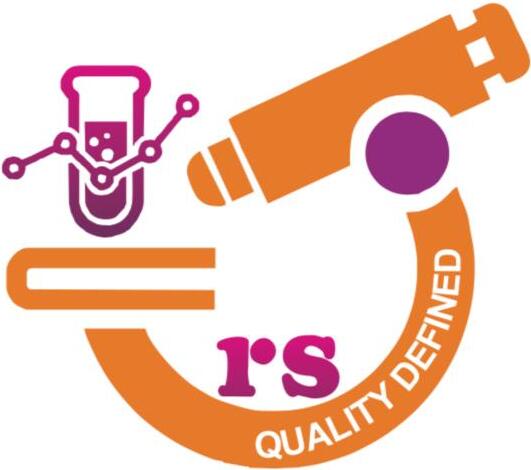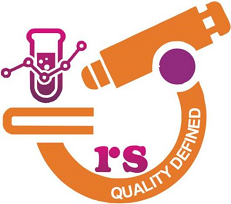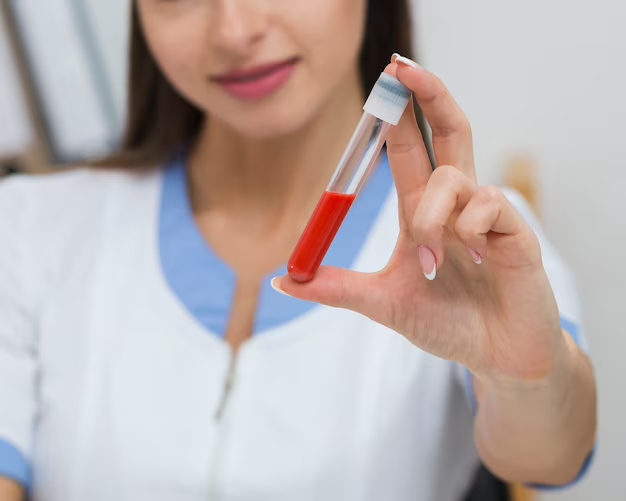Phone : +918147282686
CHOLESTEROL LEVELS AND TESTS

Cholesterol levels are measured through a blood test called a lipid panel. This test typically measures total cholesterol, HDL (high-density lipoprotein) cholesterol, LDL (low-density lipoprotein) cholesterol, and triglycerides. High levels of LDL cholesterol and triglycerides, along with low levels of HDL cholesterol, can increase the risk of heart disease and stroke. It’s important to get regular check-ups and follow your doctor’s recommendations for managing cholesterol levels through lifestyle changes and, if necessary, medication.
1. Total Cholesterol: This is the sum of your HDL, LDL, and 20% of your triglyceride levels. It’s an overall measure of the cholesterol in your blood.
2. HDL (High-Density Lipoprotein) Cholesterol: Often referred to as “good” cholesterol because it helps remove LDL cholesterol from the arteries, reducing the risk of heart disease.
3. LDL (Low-Density Lipoprotein) Cholesterol: Known as “bad” cholesterol because it can build up in the walls of arteries, leading to atherosclerosis and increasing the risk of heart disease and stroke.
4. Triglycerides: These are a type of fat found in your blood. Elevated triglyceride levels are associated with an increased risk of heart disease, especially when combined with low HDL cholesterol and high LDL cholesterol levels.
Regular cholesterol testing is essential for monitoring your heart health and assessing your risk of cardiovascular disease. Depending on your risk factors, your doctor may recommend more frequent testing and may suggest lifestyle changes or medications to help manage your cholesterol levels.
Tag
LIPID PROFILE TESTS IN YELAHANKA CHOLESTEROL LEVELS AND TESTSTRIGLYCERIDES LDL TESTS IN YELAHANKAEnquiry
Get in touch
R S DIAGNOSTIC CENTRE.All Rights Reserved © 2026








